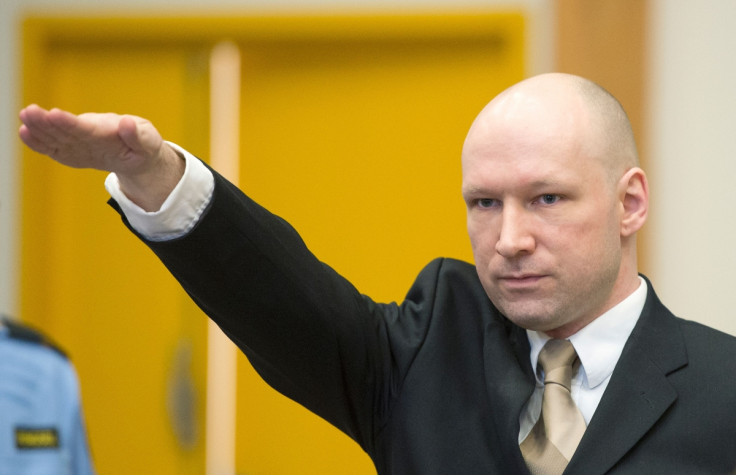Far-right lone wolves 'pose greater threat' than Islamists acting alone
Far-right extremists acting alone responsible for 94 death in four years.

Far-right 'lone wolf' attackers kill and injure more people than Islamist attackers who act alone, according to a report by a defence and security think tank.
The Royal United Services Institute's updated Countering Lone Actor Terrorism report claims that right-wing extremists "represent a substantial aspect of the lone-actor threat and must not be overlooked".
It claims that 94 people were killed and 260 injured in attacks by far-right terrorists acting on their own between 2000 and 2014. In the same period, Islamist terrorists acting alone killed 16 people and injured 65.
Researchers analysed terror plots across the European Union's 28 member states, as well as Norway and Switzerland, for the study.
According to the report, lone-wolf attackers were responsible for 98 plots and 72 attacks in the European countries that they have targeted.
The worst attack was carried out by Norwegian far0right extremist Anders Breivik in 2011, who murdered 77 people in attacks in the centre of Oslo and on a Labour party youth camp in the island of Uttoya.
According to the report though, most attacks end in failure.
"Of the lone-actor plots examined 76% failed to cause any fatalities, while 58% caused no injuries. These findings underline that while lone-actor terrorist attacks can be devastating, a high proportion of plots fail to materialise in this manner."
Despite far-right lone-wolf attackers posing a greater threat, the report found greater focus from the public and intelligence agencies on the threat from Islamists.
"The media, and consequently public attention, is largely focused on violent Islamist extremists; while this may reflect the broader threat, it is at odds with that from lone-actor terrorism," said the report.
It said that data indicated "intelligence machinery may currently be more finely attuned to detecting religiously inspired lone-actor terrorists by comparison to their right-wing counterparts", with 40% of right wing terror plots foiled through chance, while intelligence was responsible for preventing 88% of religiously inspired terror plots.
The report also found that far-right terrorists are more likely to be socially isolated and have mental health problems than those inspired by religion.
They are also more likely to post clues about their views and intentions online. "Right-wing lone-actor terrorists were more likely to post telling indicators online, where 41% of their leakage occurred," said the report.
The report warns that the threat from far-right lone wolves may continue to grow.
"A substantial proportion of right-wing perpetrators identified in this research were predominantly motivated by anti-immigration or Islamophobic beliefs, often underpinned by notions of white supremacy. In light of the refugee crisis currently unfolding across Europe, the threat of a resurgent and violent far right has intensified," claims the report.
© Copyright IBTimes 2024. All rights reserved.






